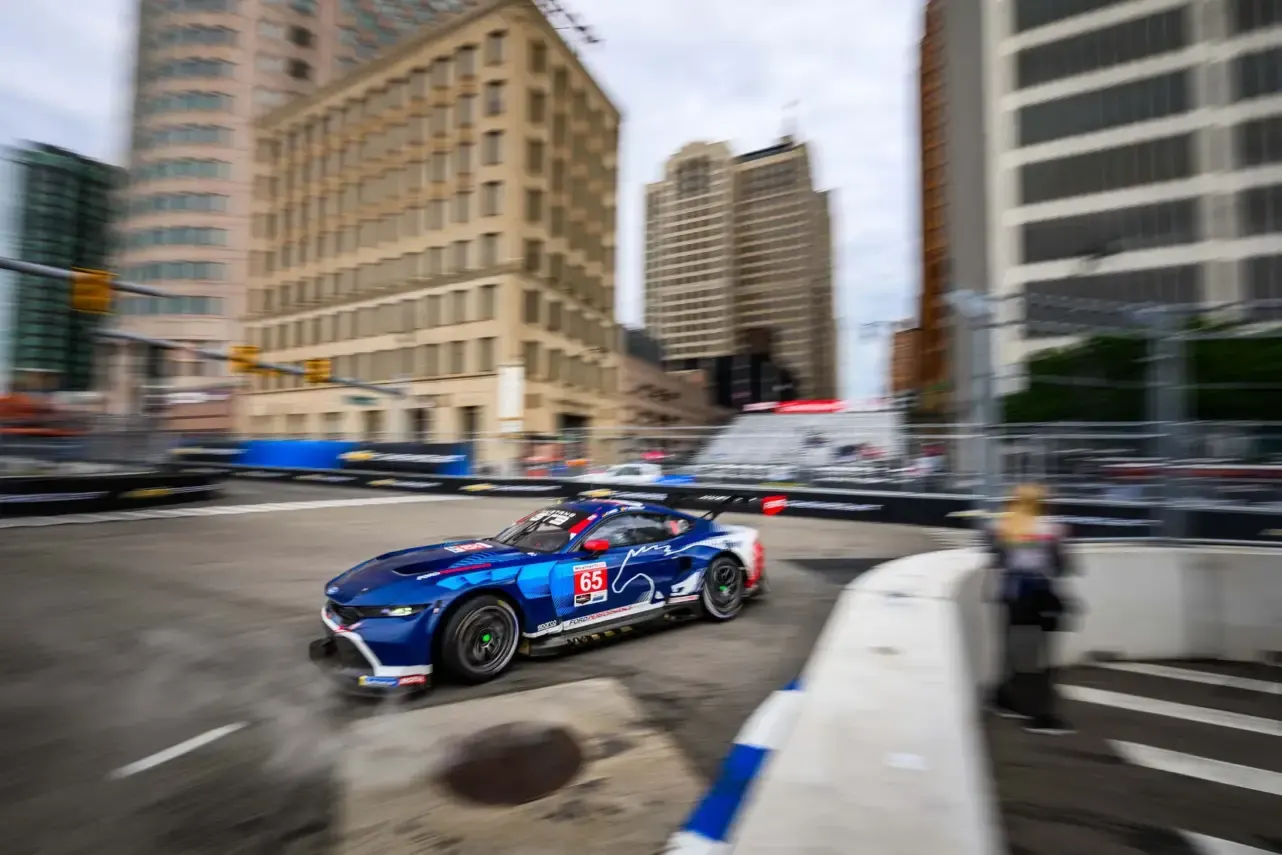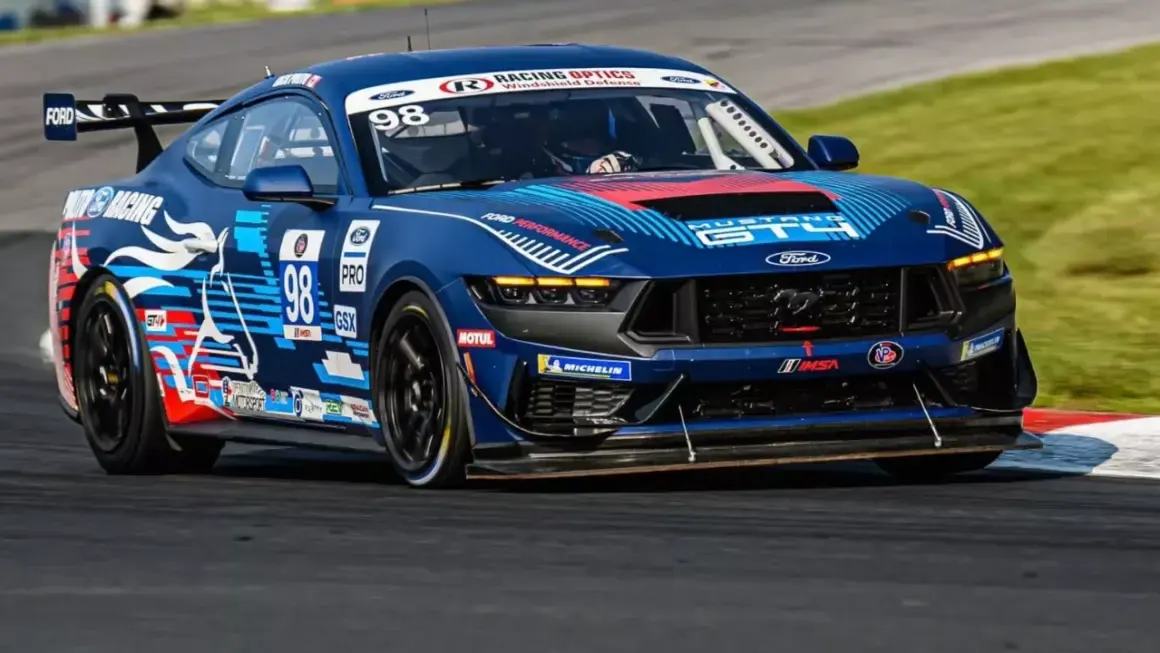From its very beginning, Ford has built its identity around racing. Henry Ford’s historic victory at the 1901 Sweepstakes was not just a sporting milestone, but the event that financed the creation of the company itself. Since then, competition and innovation have become inseparable from the brand.
Now, as it enters its 125th year in motorsport, Ford is dropping the Ford Performance name and relaunching as Ford Racing. This is not just a cosmetic rebranding, it’s a strong declaration that racing remains the beating heart of the company and the foundation for its future cars.

The new direction coincides with a major reinforcement of Ford’s global racing programs. Ford Racing is set to compete in the world’s toughest arenas: Formula 1, Dakar, and the 24 Hours of Le Mans. Each competition becomes an open-air laboratory, where aerodynamics, hybrid powertrains, and advanced electronics are tested under extreme conditions. The payoff is immediate for road cars, as track-tested solutions will more quickly find their way into models like the Mustang Dark Horse and upcoming high-performance EVs.

A crucial aspect of this reorganization is the integration of motorsport and product development under one global leader. This enables engineers to share expertise more efficiently, shortening the gap between innovation and production. It’s an approach Ford has long mastered: Le Mans triumphs in the 1960s shaped the brand’s performance legacy for decades, while the EcoBoost endurance program paved the way for turbocharged engines across the lineup. With electric racing now a key frontier, the knowledge gained will be even more valuable for tomorrow’s vehicles.
Ford Racing aims to foster a community of customers, enthusiasts, and drivers with dedicated programs, merchandise, and initiatives that strengthen the bond between track and street. The new name is deliberate: Ford Racing powerfully recalls the company’s American racing roots and encapsulates its core values, competition, innovation, and victory.
Its debut will take place at high-profile events like Dakar and Daytona, underscoring that this is not a symbolic move but an operational and cultural shift.
